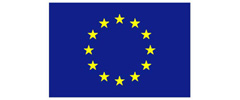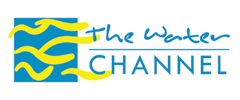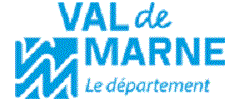Human Rights Day – 10 December 2010
The Human Right to Water and Sanitation Needs to Be Realised
10.12.2010 |Anke Stock
These were important moments for the WECF network since “water and sanitation” is one of our core areas of work. However, much more work needs to be done: In the WHO European Region 120 million people still lack access to safe drinking water, and 14,000 children in the region die every year as the result of waterborne diseases. Women and children are the most vulnerable groups suffering from the problematic access to water resources and sanitation facilities.
The content of the human right to water and sanitation is still under discussion. Criteria for its definition have been set by the General Comment No. 15 (2002) to the International Covenant on Economic, Social and Cultural Rights and have been further developed by the Independent Expert on the issue of human rights obligations related to access to safe drinking water and sanitation. They contain 5 normative criteria (availability, accessibility, quality/safety, affordability, acceptability), and 5 cross-cutting ones (non-discrimination, participation, accountability, impact, sustainability). In a good practice consultation process initiated by the Independent Expert these criteria helped to shape the content of the right to water and sanitation. WECF believes, however, that the right itself needs concise interpretation and proper implementation based on a multi-stakeholder decision-making process in order to come to life. In the EECCA region the UNECE/WHO Europe Protocol on Water and Health is a good tool to realise the human right to water and sanitation and is used in practical ways by many WECF members. For further implementation, WECF calls for the following:
Safe access to safe and acceptable water and sanitation facilities for each member of the society;
- Affordable access to (a) sufficient quantities of safe drinking water (b) sufficient and sustainable sanitation facilities for everyone within immediate vicinity;
- Equal position of men and women in decision-making processes on water and sanitation issues, such as distribution, consumption and others;
- Better understanding and awareness about separating the right to sanitation from the right to water and calling for the recognition of sanitation solutions which do not waste water and nutrients;
- Promotion of sustainable technologies which protect public health and the environment for present and future generations;
- Raising awareness amongst civil society about the the right to water and sanitation and establishing mechanisms how to claim the right to water and sanitation, e.g. within the framework of the Protocol on Water and Health for the EECCA region;
- Free access to information, public participation and access to justice about water safety and sanitation related issues.
Related News
Meet the Winners of the Gender Just Climate Solutions Award at COP24
On the 70th anniversary of the Universal Declaration of Human Rights, we awarded Gender Just Climate Solutions Winners at the climate negotiations in Katowice, Poland
11.12.2018
#Ruralwomen: join our Women2030 campaign!
15.10.2018
Congratulations Sascha!
Named thirty-third most influential sustainability fighter in the Netherlands
08.10.2018
Calling for periods free from plastic & hazardous chemicals
Letter to Frédérique Ries, MEP, European Parliament on behalf of the #BreakFreeFromPlastics movement
04.09.2018






































